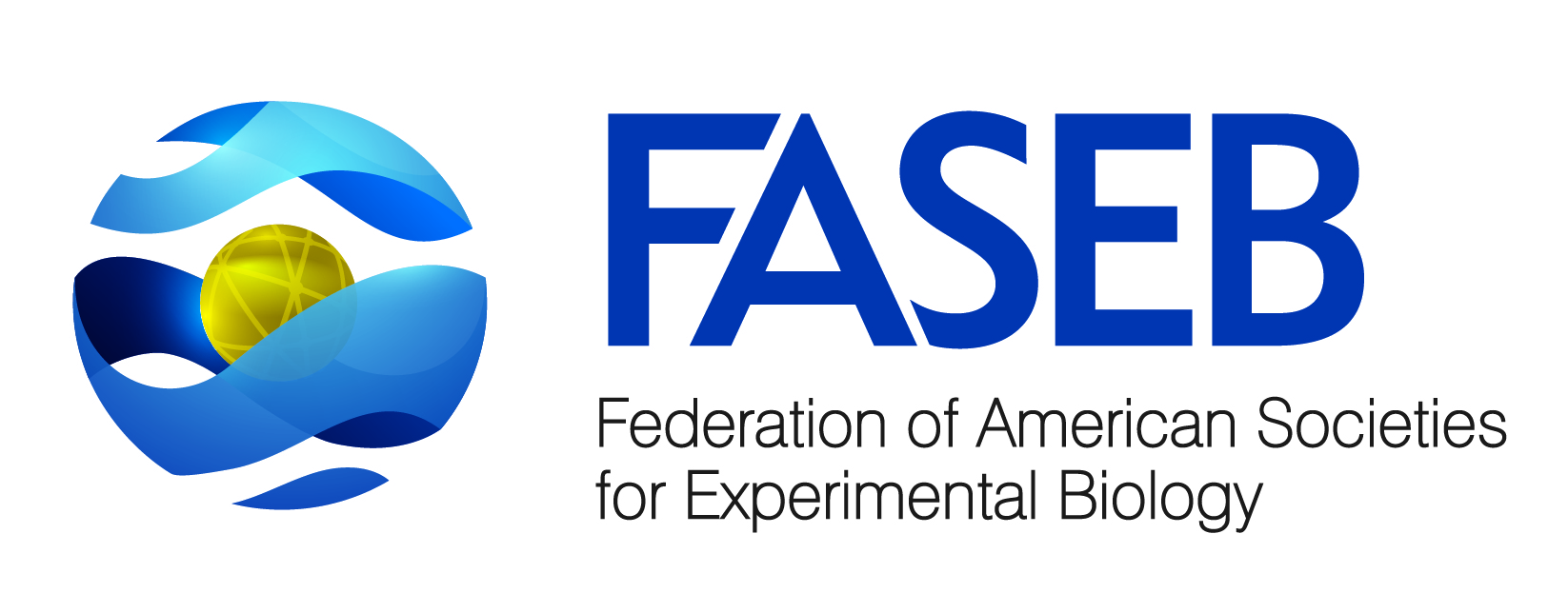FASEB NEWS FEBRUARY 7, 2000
FEDERATION OF AMERICAN SOCIETIES FOR EXPERIMENTAL BIOLOGY
Office of Public Affairs
9650 Rockville Pike, Bethesda, Md. 20814-3998
http://www.faseb.org
Contact: Paulette W. Campbell
(301) 571-7795
[email protected]
FASEB President says Clinton's budget is a "Good Start" But expresses concerns about the N.I.H.'s projections for new grants
Bethesda, Md. -- President Clinton's budget request for the federal investment in research and development "recognizes both the impressive scientific opportunities and the increasingly important role of science and technology in our society," said David G. Kaufman, M.D., Ph.D., the president of the Federation of American Societies for Experimental Biology. "We find it to be a major step in the right direction; a good start and a very timely increase in funding for science."
Science figured prominently in the FY 2001 budget plan that President Clinton released today. As part of his "Twenty-First Century Research Fund" initiative, the President asked for a 17-percent increase for the National Science Foundation. That $675 million boost -- the largest dollar increase for that agency in its 50-year history -- would bring the N.S.F.'s budget to $4.6 billion.
"We are very pleased with the emphasis on science funding in the budget," Dr. Kaufman said. "This nation has the opportunity to make dramatic contributions to civilization and make major contributions to the quality of life in the 21st century, and it is very encouraging to see our leaders taking up this challenge."
The President's request for the National Institutes of Health -- a 5.6-percent increase that would bring the agency's total budget to $18.8 billion -- is significantly smaller than FASEB's 15-percent recommendation. "This is still a positive development," Dr. Kaufman said. "It's the largest dollar increase ever requested by a president, and a strong starting point, particularly compared to last year's presidential request of a $330-million increase. As a minimum, this number establishes a floor for N.I.H. funding, but we hope that the Congress will increase the agency's budget to the amount we've recommended."
Dr. Kaufman expressed serious concerns, however, about the projected amount of money that would go to new grants if the President's budget were enacted. According to the N.I.H., the agency expects to support 1,309 fewer new and competing research project grants in FY 2001 than in FY 2000 under the President's requested funding levels for the N.I.H. "This could prove very discouraging to young investigators," Dr. Kaufman noted. "It is also disappointing that there will be only a two-percent increase in the cost of new and continuing grants. This is why we need to press for additional funding for the N.I.H. and maintain the commitment to doubling the agency's budget by fiscal year 2003."
Dr. Kaufman pledged to the use the resources and influence of the Federation to help raise the level of funding for N.I.H. in FY 2001. He also intends to ask for a meeting with the N.I.H. leadership to get a better perspective on the rationale behind the current spending plans.
For more information on FASEB's funding recommendations to Congress, refer to its recently released report, Federal Funding for Biomedical and Related Life Sciences Research, FY 2001, which can be found on the Web at http://www.faseb.org/opar/fy2001/biofy2001.pdf. In it, FASEB explains its rationale behind its budget recommendations for the N.I.H. and the N.S.F. The report also urges Congress to provide:
-- $203 million for base-funding of the National Research Initiative Competitive Grants Program at the U.S. Department of Agriculture;
-- An additional $90 million dollars to the Department of Energy's Biological and Environmental Research and the Basic Energy Sciences budget;
-- An increased appropriation of $50 million in new money for investigator-initiated, peer-reviewed Life Sciences research program at the National Aeronautics and Space Administration; and,
-- $370 million for the research and development budget at the U.S. Department of Veterans Affairs.
FASEB is comprised of 20 societies with more than 60,000 members, making it the largest coalition of biomedical research associations in the United States. FASEB serves the interests of biomedical and life scientists, particularly in regards to public policy issues; facilitates coalition activities among member societies; and disseminates information on biological research through scientific conferences and publications.
# # #
